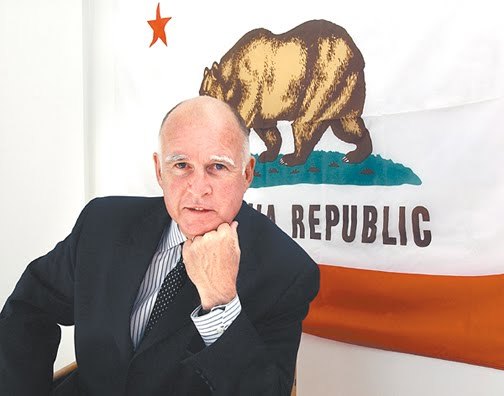A few days after the big election, and the smoke is clearing. We’re beginning to see the most consequential vote of Nov. 6 probably wasn’t the one for president of these United States.
No, the most interesting effects of the election are likely to be in California and that “California of the Midwest” – variously known as the Land of Lincoln – or Illinois.
The nation’s president stays the same. Republicans keep control of the House of Representatives. Democrats keep control of the Senate. The numbers of Republicans and Democrats in the House and Senate will change a bit, but not enough to make an appreciable difference.
But in California and Illinois, voters handed total control of state government to Democrats. The Democrats in both states are led by committed advocates of big government. Until now in both states, Republicans were able to offer at least some resistance. Not any more.
Democrats in both states can push through whatever policies they want without the support of any Republicans. This is not to say Republicans are much, if any, better or more interested in good governance than Democrats. Of the two former Illinois governors currently confined to federal holding pens, one is a Republican (George Ryan) and the other is a Democrat (Rod Blagojevich).
But with the natural tendency of people in an opposition party to oppose, the Republicans were able to check some of the worst inclinations of the Democrats. Those checks are now gone in California and Illinois, which means the states will serve as good experiments in governance and economics.Both states already have huge budget problems.
Illinois is widely regarded as having the nation’s worst government pension system, with underfunded liabilities conservatively estimated at $85 billion. Since the 2008 fiscal crisis, both states have had unemployment rates higher than the national average. Both states have been losing jobs and population relative to neighboring states with lower taxes and less-intrusive regulations.
In last week’s election, in fact, California voters did more than double down on failing policies by handing a two-thirds majority to the party that has been largely responsible. They voted to raise taxes an estimated $7 billion annually by approving two separate ballot propositions.
Last year, Illinois raised the state’s personal income and corporate tax rates an astonishing 67 percent and 46 percent, respectively. Bear in mind California has three times the population of Illinois, and the Illinois tax increases totaled $7 billion a year, same as California’s.
Chris Edwards, director of tax policy studies at the libertarian Cato Institute, told me that the Illinois tax increase was one-fourth as much as the total state budget, the largest state tax increase as a percentage of total spending in modern history. Yet the Illinois budget remains billions of dollars out of whack, and state vendors and social service agencies are still owed $9 billion in overdue payments.
The state’s fiscal condition is so bad, even another $7 billion of tax revenue just means treading water. Still, Illinois voters, like those in California, doubled down on the politicians who have caused the problems. Keep a close watch on what happens in California and Illinois.
Time will tell if one-party control by people who are committed to high taxes, heavy regulation, and political payoffs to government unions can help states outperform those with lower taxes, better regulations, and less kowtowing to government unions.
Does anyone want to bet on the outcome?
[First published in the Orange County Register.]



